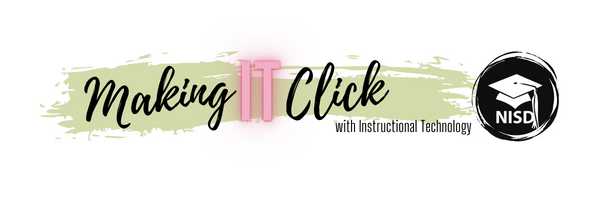Einstein said, “Education is not the learning of facts, but training the mind to think.” Teaching
students how to think and how to succeed helps develop those “soft skills” we all frequently hear about as students transition out of formal education. These time tested skills are not just another educational trend or revolving initiative. Characteristics like communication, integrity, empathy, professionalism, time management, responsibility, teamwork, and critical thinking are things that contribute to our social and emotional development and they are what helps us, as humans, to be able to successfully adapt to a variety of situations. What many educators differ on is how to go about facilitating the development of these skills and characteristics in our students.
One way to develop these skills is in the growing realm of esports. It is a relevant place that can not only support Social Emotional Learning initiatives, but it can also facilitate many of those soft skills we want students to gain. In fact, the mission of the North America Scholastic Esports Federation (NASEF) is “to provide opportunities for ALL students to use esports as a platform to acquire critical communication, collaboration, and problem solving skills needed to thrive and work in life.” Esports does not just facilitate gamers getting together to play video games, but alternatively, it ensures “that ALL students possess the knowledge and skills needed to be society’s game changers: educated, productive, and empathetic individuals.”
Mr. Fidel Sanchez, a science teacher at V.R. Eaton High School, is leading the charge to establish Eaton’s very own esports club. To the inexperienced gamer, this new club seems like a fun break for students from the regular grind of a traditional learning environment. However, it is way more than it appears on the surface. Esports is projected to become a billion dollar industry in the next year and not just due to hosted events that resemble what you might see at the Super Bowl or World Cup Soccer. Esports has the potential to help a large number of students access college through NCAA scholarship opportunities and related career paths. The Eaton esports group meets twice a week to practice and develop a very complex and impressive skill set. The goal is to build a team that can compete interscholastically for large scale academic recognition, scholarships, and career opportunities.
 Michael, a sophomore on Eaton’s team, explains that he loves to participate not only to have fun but also to have the opportunity to be competitive at something he enjoys. He and his teammates, Andy and Larry, feel that esports helps them to develop better communication skills. Parker, a junior orchestra student, agreed that participating in esports has helped him to “be more social” and build the skills necessary to positively interact with others. Kameron, a sophomore team member, agreed and explained that the communication students learn through esports is different than most socialization and in order to be successful, one has to be able to “stay calm during competition and communicate professionally with their teammates to build trust.” He pointed out that “unprofessional communication does not help teammates to believe in your ability to deal with challenges,” which is important for a team to be successful. Beau is a freshman student on the team who says that there is no place for students to “be toxic or to fight with other players.” All the students agreed that participating in esports encourages them “to stay on top of their grades and to prioritize” because maintaining the level of skill needed for competition takes at least an hour or two of practice each night.
Michael, a sophomore on Eaton’s team, explains that he loves to participate not only to have fun but also to have the opportunity to be competitive at something he enjoys. He and his teammates, Andy and Larry, feel that esports helps them to develop better communication skills. Parker, a junior orchestra student, agreed that participating in esports has helped him to “be more social” and build the skills necessary to positively interact with others. Kameron, a sophomore team member, agreed and explained that the communication students learn through esports is different than most socialization and in order to be successful, one has to be able to “stay calm during competition and communicate professionally with their teammates to build trust.” He pointed out that “unprofessional communication does not help teammates to believe in your ability to deal with challenges,” which is important for a team to be successful. Beau is a freshman student on the team who says that there is no place for students to “be toxic or to fight with other players.” All the students agreed that participating in esports encourages them “to stay on top of their grades and to prioritize” because maintaining the level of skill needed for competition takes at least an hour or two of practice each night.These Eaton students hope to see this activity grow larger among younger audiences here at EHS and across the country. They recommend that for anyone interested in getting involved in esports to “just start playing.” They suggest spending time learning about various roles, different strategies, and “champions” (characters) in games like League of Legends or Super Smash Bros. and to work to develop the style of play for their role and “champion.” These students also suggest finding adults like Mr. Sanchez , who are just as passionate about gaming to help them organize and advocate for resources and opportunities necessary for their club’s growth.



No comments:
Post a Comment
Note: Only a member of this blog may post a comment.